Everything You Need to Know About Central Heating Checks and Boiler Inspections
The colours of the kitchen cabinets may be the first thing on your mind when looking around a potential new home. However you will want to pay special attention to the things keeping your home cosy and your water warm. This will include looking at the central heating and boiler in the property.
Here are some things you need to know about central heating checks and boiler inspections. We will run through helpful things to keep an eye out for, to save you time and money when buying your new home.
What is a central heating check?
First things first, what actually is a ‘central heating check’?. A central heating check involves a thorough examination of your property’s heating system to ensure it is operating safely and efficiently. This inspection typically includes assessing the condition of the boiler, radiators, pipework, and controls.
The aim is to identify any potential issues or safety hazards and address them promptly. This way, you have full transparency when putting in an offer on a house.
Do surveyors check central heating?
Although your surveyor will carry out a visual inspection during a property survey, surveyors are not qualified to do any kind of extensive checks, and only a gas safe engineer will be able to properly survey the central heating of a property.
With a gas safe engineer carrying out a central heating check, you will get a detailed report as well as suggestions for any faults or improvements. This gives you a much better idea of what you’ll be working with, safety- and cost-wise.
A surveyor’s primary job is to check the structural integrity and safety of the house.
What happens during a boiler check?
During a boiler check, a certified gas safe engineer will assess the condition and performance of your boiler. This involves inspecting key components, such as the burner, heat exchanger, flue, and controls.
The engineer will also check for any signs of damage, leaks, or carbon monoxide leaks, ensuring your boiler is operating safely and efficiently. This will be put into a report along with any recommendations.
Essentially, we are getting you the most detailed information on how your boiler is working.
How do you check a boiler when buying a house?
When buying a house, it’s ideal to arrange a boiler inspection by a gas safe engineer to accompany the property survey. Hiring a qualified heating engineer to assess the boiler’s condition will provide peace of mind and help avoid any unexpected repair costs after moving in.
Things you can check yourself as you view properties can be:
- Look out for any signs of damp around the walls of the boiler or dried patches of damp. This could indicate an issue with the boiler.
- If the boiler is on, see how loud it is. If it is quite noisy, it could need a power flush, which is an expense to consider, or even a full replacement.
- Check for any signs of rust.
- Ask the agent for the age of the boiler and when it was last serviced.
Don’t be shy when it comes to asking questions and taking a look at things that could potentially cost you a lot of money to repair in the future.
Does a boiler need to be serviced before selling a house?
While there is no legal requirement to service your boiler before selling a house, having a recent service certificate can reassure potential buyers and increase the value of your property. Surprisingly, your heating system can add quite a bit of value to your home, so it’s a win-win for the buyer and seller to keep it well maintained.
A well-maintained boiler indicates that the property has been cared for and is less likely to have underlying issues.
How long does it take to do a boiler check?
The duration of a boiler check can vary depending on factors such as the type and condition of the boiler, accessibility, and any additional tests required. On average, a thorough inspection typically takes between 30 minutes and an hour.
Your gas safe engineer will let you know how long they think the service will take.
Do they check radiators during a gas check?
Yes, as part of a gas safety check or inspection, engineers will often assess the condition of radiators to ensure they are heating evenly and functioning correctly. Any issues, such as cold spots or leaks, will be identified and addressed during the inspection. This will give you a clearer idea of what maintenance may be required.
What happens if you buy a house and the boiler is broken?
Discovering a broken boiler after purchasing a house can be a significant inconvenience and expense. To avoid such scenarios, it’s advisable to request a boiler inspection as part of the property buying process. If a fault is found post-purchase, you will need to arrange repairs or replacements, depending on the extent of the damage, as the seller won’t be liable once the sale has been completed.


